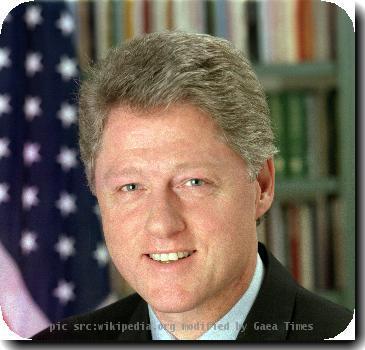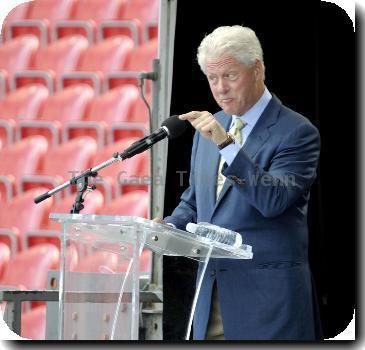Billions pledged, but private investment remains key to Haiti’s post-quake future
By Jonathan M. Katz, APThursday, April 1, 2010
Private investment key to Haiti’s future
UNITED NATIONS — Government officials pledged billions in reconstruction aid for Haiti at a U.N. donor conference, but leaders and businessmen stressed private investment would be the key to improving the lot of the hemisphere’s poorest nation.
On Wednesday, nearly 50 donors pledged $9.9 billion to help Haiti recover from the Jan. 12 earthquake destroyed the government and commercial center of Haiti’s capital, Port-au-Prince.
U.N. humanitarian chief, John Holmes, said, however, the best sign that recovery was under way in Haiti would be an uptick in private investment.
“There need to be real investments that are really sustainable,” Holmes told The Associated Press. “Given half a chance this country can recover.”
Government-estimated death tolls from the quake — which rose without explanation ahead of the conference — range from 217,000 to 300,000 people. Most of the estimated 1.3 million people left homeless are still sheltering on broken streets, hillsides and riverbeds.
The effort to attract private is being led by former U.S. President Bill Clinton, the U.N. special envoy to Haiti, who since before the quake has been tasked with encouraging private companies to provide jobs in a country where 80 percent of people live on less than $2 a day.
As co-chair of the committee that will oversee the $5.3 billion in near-term international aid pledged Wednesday, his role in Haiti will only grow.
“We’re going to have to create a financial system,” Clinton told the conference. “Haiti could become the first completely wireless country in the Caribbean. Haiti could become the first completely self-sufficient country in energy.”
Haitian business magnate and chamber of commerce president Reginald Boulos said investment was possible but that improvements in infrastructure were necessary along with other changes.
“I talk to a lot of foreign investors: hotel chains, energy companies. They want to invest in Haiti,” Boulos said after the speech. “They want to see a climate change in the business environment. They want to see a decrease of corruption … (and) a better functioning government.”
U.S. Secretary of State Hillary Clinton, who co-chaired the conference, called the pledges “an impressive sum by any standard.”
In the first minutes of the conference, Clinton announced the United States’ pledge of $1.15 billion over the next two years and Catherine Ashton, the European Union foreign affairs chief, announced the EU’s pledge equivalent to more than $1.6 billion.
Haiti’s President Rene Preval asked donors to focus on education and help the country’s 9 million people provide for their own future.
At the core of the quake-ravaged country’s request for help is the Interim Haiti Recovery Commission, whose board will coordinate and pay out the aid money. It is a key step to allaying donor concerns over Haiti’s history of official corruption and political unrest who want assurances that the money will go where it is intended.
Bill Clinton will co-chair the committee with Prime Minister Jean-Max Bellerive. But it is a source of consternation among some Haitian lawmakers who want Preval’s administration to publish a report on how aid money was spent in the initial aftermath of the disaster.
Associated Press Writers Matthew Lee and Edith M. Lederer contributed to this report from the United Nations
Tags: Bill Clinton, Caribbean, Emergency Management, Haiti, Hillary Clinton, Latin America And Caribbean, North America, United Nations, United States

